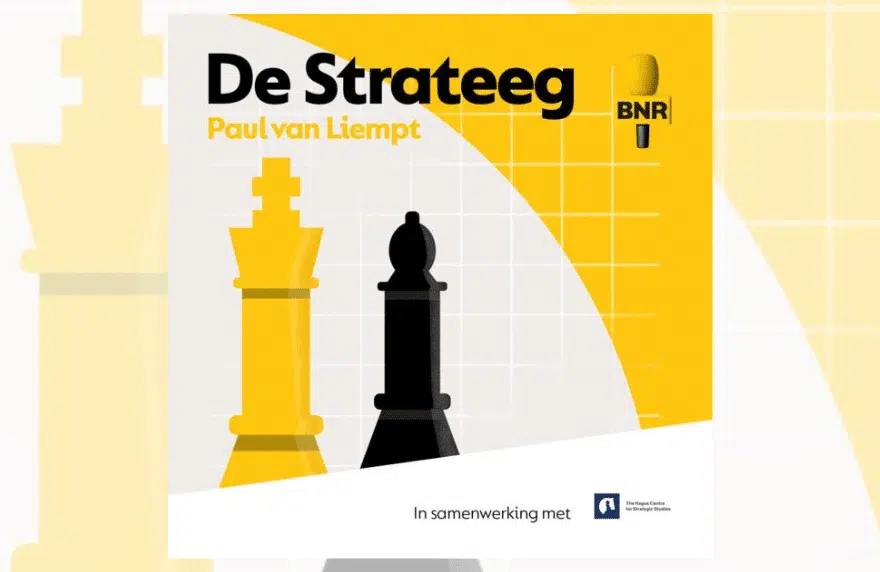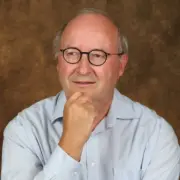Bestaanszekerheid is hét thema van deze verkiezingen. Daarbij denken we vooral aan de portemonnee van de Nederlander, maar hoort energie daar ook niet bij? We willen niet in de kou zitten vanwege hoge prijzen of economische schade oplopen doordat bedrijven de energierekening niet meer kunnen betalen. Of nog erger: wat als er simpelweg geen energie is?
Om deze horrorscenario’s te voorkomen, en om minder afhankelijk te zijn, wil het kabinet meer naar gas gaan boren in de Noordzee. Maar wat betekent dat voor de energietransitie?
Dat ga je horen in deze aflevering van De Strateeg van:
– Jilles van den Beukel, energiedeskundige van het Den Haag Centrum voor Strategische Studies.
– Lex de Groot, directeur van Neptune Energy in Nederland
Bron: BNR Nieuwsradio, 19 november 2023
‘Nederland ligt op pole position voor de energietransitie’
Om minder afhankelijk te zijn van Russisch gas en om tekorten in de toekomst te voorkomen, wil het kabinet meer naar gas boren in de Noordzee. Een goed idee, volgens energie-expert Jilles van den Beukel van het Den Haag Centrum voor Strategische Studies (HCSS). ‘Gas halen uit de Noordzee is de schoonste gaswinning ter wereld.’
Volgens Van den Beukel heeft het te lang geduurd voordat weer naar de Noordzee gekeken werd voor gaswinning. In 2015 maakte toenmalig minister Kamp van Economische Zaken bekend meer gas uit de Noordzee te willen halen, maar tot vorig jaar werd daar niet of nauwelijks meer over gesproken in de politiek.
Miscalculatie
‘In 2016 werd in een Kamerbrief nog wel gesteld dat het wegvallen van Russisch gas weinig gevolgen zou hebben voor Nederland, omdat er weinig Russisch gas naar Nederland gaat. Daarbij is wel een miscalculatie gemaakt, want als Duitsland een probleem heeft – en dat had het met 55 procent afhankelijkheid van Russisch gas – dan heeft Nederland dat ook’, aldus Van den Beukel.
Toch is het idee om meer gas uit de Noordzee te winnen niet onomstreden. Met name linkse partijen maken bezwaar, omdat het de energietransitie zou vertragen. ‘Jammer’, zegt Van den Beukel. ‘Want ook de linkerzijde weet dat het gas halen uit de Noordzee ook voor het klimaat beter is en zorgt voor een stuk lagere uitstoot van broeikasgassen.’ Volgens Van den Beukel schuiven linkse partijen dit argument aan de kant, omdat ze daarmee niet het goede voorbeeld geven ‘aan een wereld die van olie en gas af moet’.
Pole position
Gaswinning op de Noordzee biedt volgens directeur Lex de Groot van Neptune Energy in Nederland meer kansen. ‘Er zijn mogelijkheden die verder gaan dan gaswinning, bijvoorbeeld CO2-opslag en groene waterstof op zee. De kansen daarvoor zijn in ontwikkeling. Nederland ligt op pole position voor het realiseren van de energietransitie.’
Over deze podcast
De Strateeg is een podcast van BNR in samenwerking met het Den Haag Centrum voor Strategische Studies (HCSS). Abonneer je via bnr.nl/destrateeg om geen enkele aflevering te missen.
Host: Paul van Liempt
Redactie: Michaël Roele




